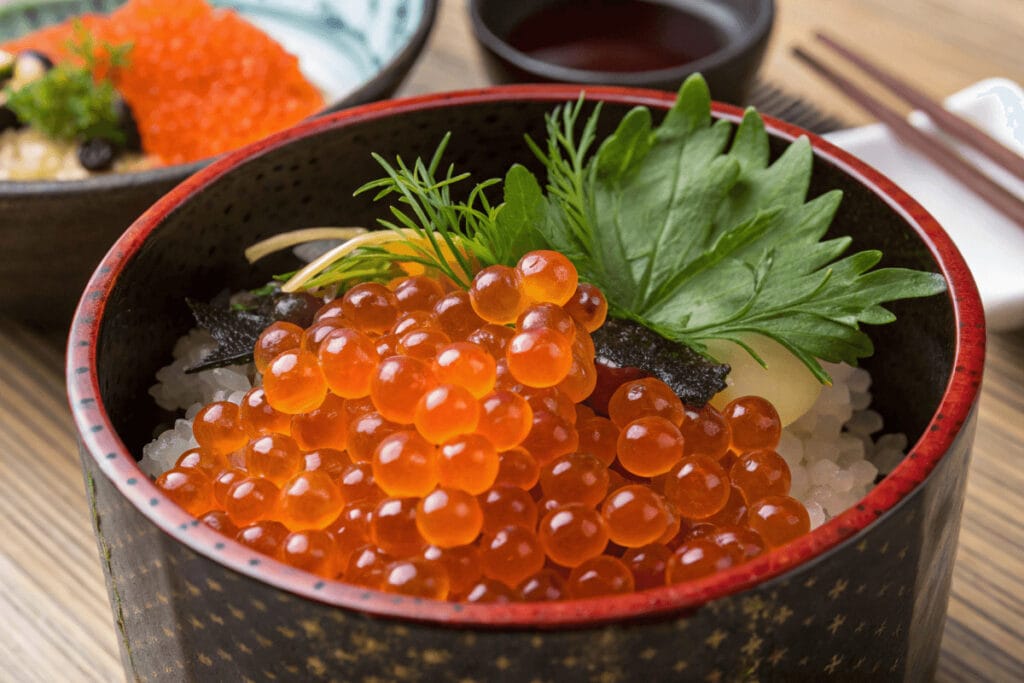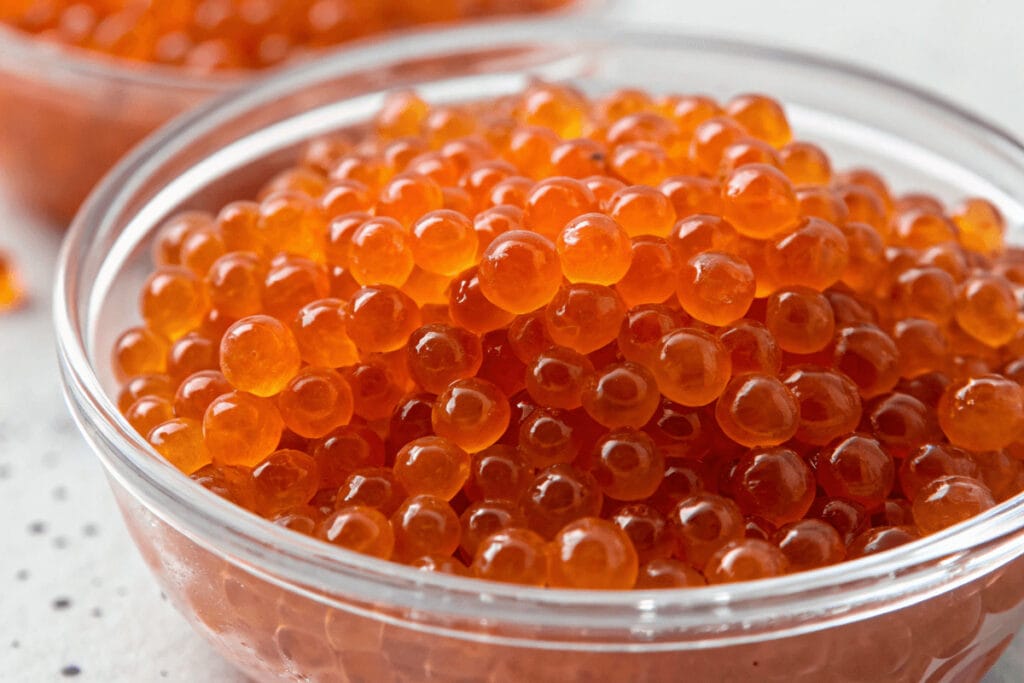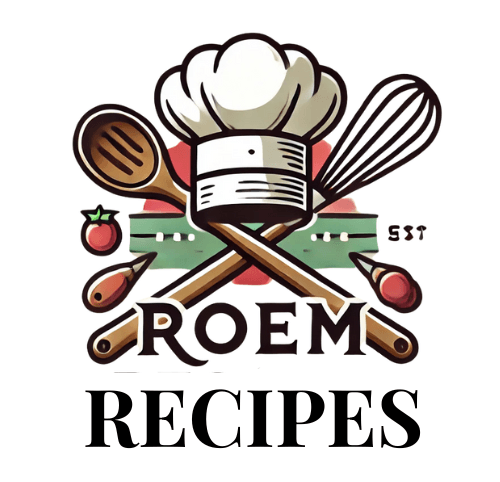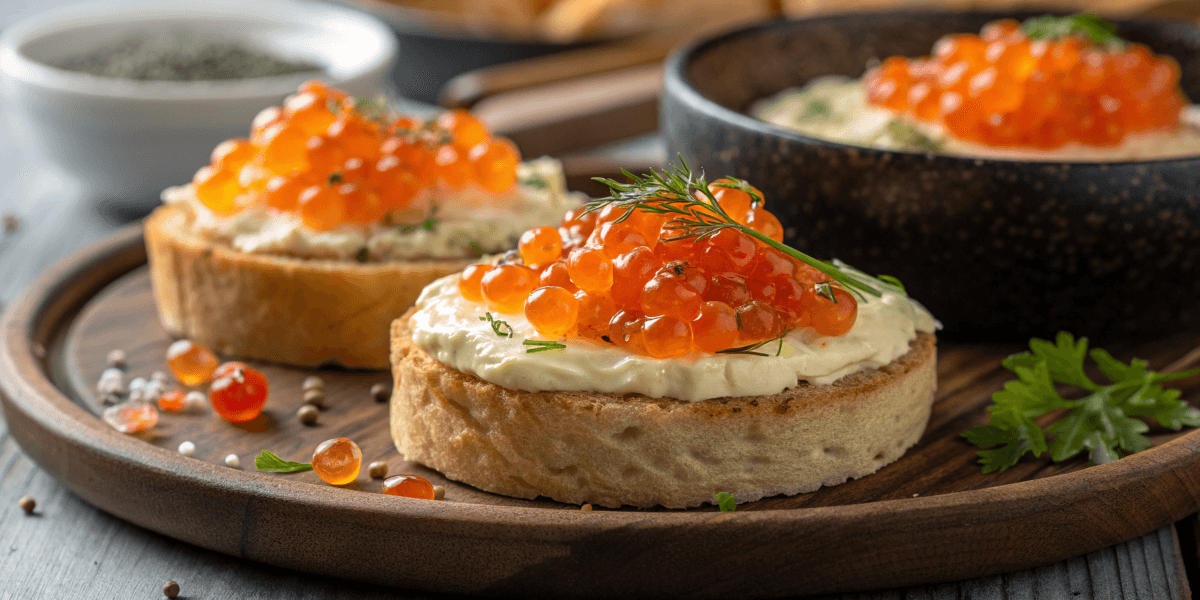Salmon eggs is a a prized ingredient in many global cuisines, celebrated for their rich flavor and vibrant hue. Commonly known as roe, this delicacy is harvested from various salmon species, including chinook, sockeye, and coho. They are especially valued in Japanese cuisine, where they are referred to as ikura. From high-end restaurants to home kitchens, this ingredient bring a touch of sophistication to countless dishes.
In the natural world, it play a vital role in the life cycle of salmon. Female salmon lay thousands of eggs in gravel nests, ensuring the continuation of their species. These eggs, rich in nutrients, also serve as a food source for many aquatic creatures. The harvesting of this resource for human consumption is done responsibly, ensuring sustainability and ecological balance.
Whether enjoyed as a garnish, a spread, or a main ingredient, it is versatile and unique. Their distinct taste and nutritional value make them a standout choice for food enthusiasts. Throughout this article, we will uncover the numerous benefits and culinary applications of this ingredient, ensuring you understand their true potential.
Table of Contents
Health Benefits
The health benefits of this ingredient extend far beyond their delicious taste. Packed with essential nutrients, these eggs contribute significantly to a balanced diet. Let’s explore the key reasons why incorporating it into your meals can support your health.
- Rich in Omega-3 Fatty Acids It is a a powerhouse of omega-3 fatty acids, which are crucial for heart health. These healthy fats help lower bad cholesterol levels, reduce inflammation, and improve brain function.
- High-Quality Protein Source Protein is essential for muscle repair and overall growth, and this ingredient offers an excellent source. They contain all nine essential amino acids, making them a complete protein.
- Abundant in Vitamins and Minerals Loaded with vitamins such as B12, D, and E. They also contain selenium, which acts as a powerful antioxidant, and phosphorus, essential for bone health.
- Low in Carbohydrates If you’re following a low-carb or ketogenic diet, it can be a perfect addition. They offer a nutrient-dense, carb-free option for your meals.
The regular consumption of this delicacy can enhance various aspects of your well-being. They’re known to support cardiovascular health, boost cognitive function, and improve skin elasticity. Whether you’re young or old, including it in your diet can help maintain a healthy lifestyle.
Culinary Uses

The culinary versatility of this ingredient makes it a favorite among chefs and food enthusiasts alike. Their unique flavor and texture can elevate a wide range of dishes, from traditional recipes to modern creations. Here’s how you can incorporate it into your cooking.
- As a Garnish
- Sprinkle it over sushi rolls for an authentic touch.
- Add them to deviled eggs or canapés to create visually stunning appetizers.
- In Sauces and Spreads
- Blend it with cream cheese and herbs for a delectable spread.
- Use them to top sour cream on blinis or baked potatoes for a luxurious taste.
- In Pasta and Risotto
- Stir it into creamy pasta dishes for a burst of flavor.
- Add them to risotto recipes for a seafood twist.
- Standalone Delicacy
- Serve it with crackers and a dollop of crème fraîche for a simple yet elegant snack.
- Enjoy them on toast with a drizzle of lemon juice for a quick and healthy breakfast.
The possibilities with this ingredient are endless, allowing you to experiment and create unique dishes. Their savory profile complements various ingredients, making them an indispensable addition to any kitchen.
By understanding the value and versatility of this delicacy, you can enjoy their benefits in numerous ways. Their contribution to health and their role in culinary excellence highlight their importance in both traditional and contemporary cuisine. As you explore recipes and nutritional options, it will undoubtedly prove to be a remarkable ingredient worth celebrating.
Salmon Eggs in Fishing
In the world of fishing, this bait play a pivotal role as an effective and sought-after bait. Anglers often rely on the unique appeal to attract fish, particularly species like trout and steelhead. The bright color and distinct scent of this bait make it irresistible to fish, enhancing their effectiveness.
Many fishing enthusiasts use cured or processed versions of this bait for optimal performance. Specialized solutions treat these eggs to preserve their quality and improve their durability in water. Whether used on a single hook or in clusters, salmon eggs are a staple in both recreational and professional fishing.
Additionally, sustainable fishing practices ensure that the use of salmon eggs as bait does not harm natural populations. Responsible sourcing and adherence to fishing regulations are essential to maintaining ecological balance. For anglers seeking a reliable bait, it remain a trusted choice, blending tradition with effectiveness.
Environmental and Ethical Considerations
The harvesting and use of this delicacy bring up important environmental and ethical concerns. As demand increases, it is essential to focus on sustainable practices to protect salmon and aquatic habitats. Taking too much can upset the natural balance, impacting salmon and other species that rely on them.
Many producers now follow clear rules to ensure responsible harvesting. These steps include getting the eggs from well-managed fisheries and avoiding harm to endangered salmon. Labels like the Marine Stewardship Council (MSC) help buyers choose products harvested in a sustainable way.
Moreover, the environmental impact of salmon egg farming and fishing must be minimized. Innovative aquaculture techniques, such as closed-loop systems, can reduce pollution and waste. Supporting ethical brands and advocating for conservation efforts are essential steps toward preserving this valuable resource for future generations.
The Versatility and Significance of Salmon Eggs
Salmon eggs, also known as roe, are a cherished ingredient in global cuisines, renowned for their rich flavor and vibrant orange hue. Harvested from species such as chinook, sockeye, and coho, these eggs bring a touch of luxury to dishes worldwide. In Japanese cuisine, they are referred to as ikura and are often highlighted in sushi.
A Key Player in Nature
In their natural habitat, salmon eggs are pivotal to the salmon life cycle. Female salmon lay thousands of eggs in gravel beds, ensuring their species’ survival. Interestingly, the nutrient-rich eggs also serve as a food source for various aquatic species. This balance underscores the ecological importance of these eggs, even as humans sustainably harvest them for use.
To discover more about innovative salmon dishes, explore this guide to white salmon preparations.
Health Benefits of Salmon Eggs

Salmon eggs are not just a culinary delicacy; they are also a nutritional powerhouse. Here are the top reasons why they should feature in your diet:
- Omega-3 Richness: These fatty acids promote heart health, improve brain function, and reduce inflammation.
- Protein Packed: A complete protein source, salmon eggs support muscle repair and growth.
- Vitamin & Mineral Treasure: Loaded with B12, D, and E, alongside selenium and phosphorus, these eggs enhance overall well-being.
- Low-Carb Option: Perfect for ketogenic diets, salmon eggs are nutrient-dense and carb-free.
Including salmon eggs in your meals can elevate both flavor and health. Learn more about responsibly sourced ingredients in recipes from this culinary inspiration.
Culinary Uses of Salmon Eggs
The versatility of salmon eggs makes them a sought-after addition to numerous dishes. Here are some ideas:
- As a Garnish: Enhance sushi rolls or deviled eggs with a sprinkle of salmon roe for added elegance.
- In Spreads: Blend salmon eggs into creamy spreads for a luxurious appetizer.
- In Pastas and Risottos: Add roe for a burst of briny flavor in classic recipes.
Looking for ideas to elevate your meals? Check out creative salmon-based recipes on this page.
Ethical Harvesting and Sustainability
As the demand for salmon eggs grows, ethical sourcing becomes paramount. Sustainable practices ensure the ecological balance is maintained, allowing future generations to enjoy this delicacy. Supporting responsibly managed fisheries is a simple step toward a healthier planet.
FAQs
- What are salmon eggs called?
Salmon eggs are commonly referred to as roe. In Japanese cuisine, they are specifically known as ikura. The term “roe” applies to fish eggs in general, but salmon eggs have a distinct flavor and texture that set them apart. - Is it okay to eat salmon eggs?
Yes, it is absolutely okay to eat salmon eggs. They are not only safe but also highly nutritious, offering a rich source of omega-3 fatty acids, protein, and essential vitamins. Ensure they are sourced from reputable providers and prepared safely. - Are salmon eggs expensive?
The price of salmon eggs can vary depending on the species, quality, and sourcing. High-grade ikura used in gourmet dishes can be quite expensive, while more common types may be more affordable. - What is the survival rate of salmon eggs?
In the wild, the survival rate of salmon eggs is relatively low, often less than 10%. Factors like water temperature, predators, and environmental conditions play significant roles. This low survival rate is why salmon lay thousands of eggs.
Conclusion
Salmon eggs represent a unique intersection of flavor, nutrition, and cultural significance. Whether enjoyed as a gourmet delicacy, used as an effective fishing bait, or examined through the lens of sustainability, their importance cannot be overstated. By understanding the diverse applications and responsibilities associated with salmon eggs, we can appreciate their role in both culinary and ecological contexts.
From their health benefits to their environmental considerations, salmon eggs offer a compelling narrative of balance and respect for nature. By making informed choices and supporting sustainable practices, we ensure that this remarkable ingredient continues to thrive in our kitchens and waters. Embracing the versatility and value of salmon eggs is a step toward honoring the delicate ecosystems that make their existence possible.

